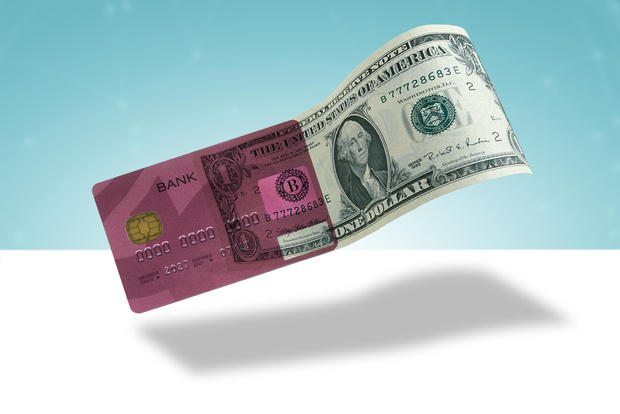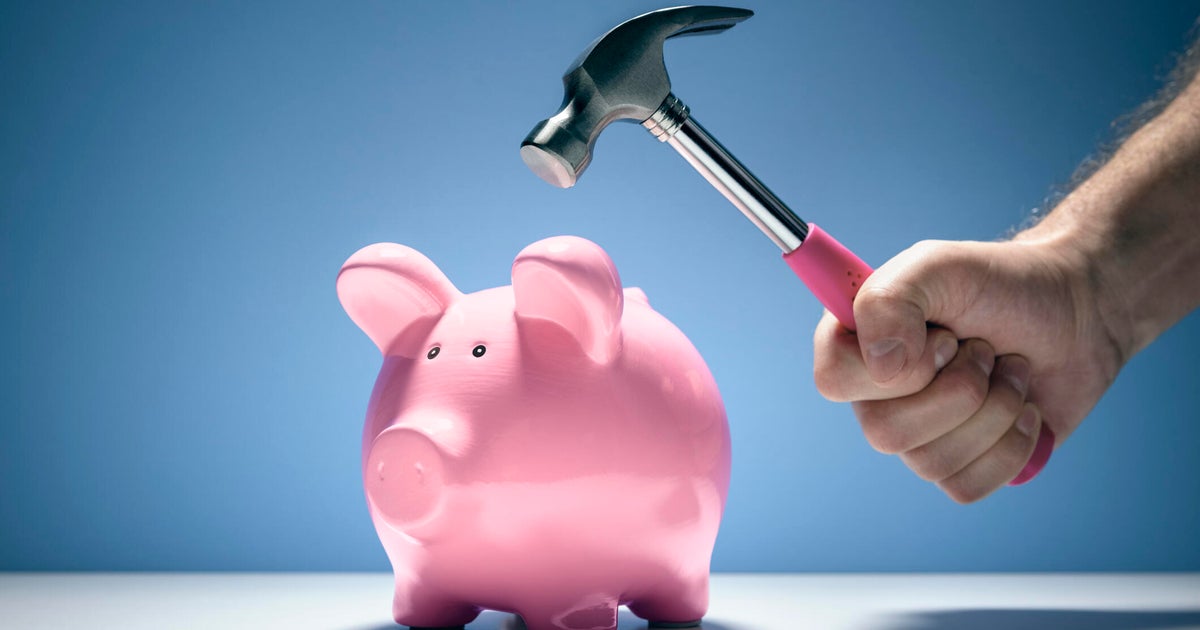Will I qualify for credit card debt relief with bad credit?
Credit card debt can quickly become a financial burden — and that's true even for the most responsible cardholders. Not only has credit card debt been increasing in recent years, but many people are just one unexpected but major medical debt or home or car repair away from financial trouble.
If that happens, you may find it difficult to pay both your essential bills — like your rent or mortgage, electricity, transportation and other expenses — and your credit card bills.
The good news is, though, that there may be solutions for finding a way out of credit card debt. For example, debt relief companiesare available to those who are struggling to afford their credit card payments — and while you may think that those services are reserved for people with the best credit scores, that's not necessarily the case. There are debt relief avenues available, even for those with bad credit, to find relief and pave the way to financial recovery. Here's what you should know.
Find out more about your debt relief options online today.
Will I qualify for credit card debt relief with bad credit?
Having a low or poor credit score can be a financial hindrance in many ways — whether you're trying to borrow money for a home, a car or are simply trying to pay off existing debt. But the good news is that while bad credit can be a hurdle in terms of certain types of debt relief, all hope is not lost.
Alternative options and strategies exist to help you navigate the challenges and secure relief. These include:
Debt settlement
If you feel like you're in dire financial straits, debt settlement might be a viable option — whether or not your credit score is on the lower end of the spectrum. This type of debt relief typically involves working with a debt settlement or debt relief company to settle with creditors for less than the full amount owed. And, in most cases, debt relief companies don't have a minimum credit score requirement for this type of service.
When you work with a debt settlement company, the company negotiates with the credit card companies and lenders to lower the total amount you owe. When you start this process, you'll stop payments to the lenders you owe and make payments to the debt relief company instead.
That money is then held in an account by the debt settlement company. When enough accrues, the debt relief experts negotiate with the lenders to settle what you owe for a lower amount — and the lenders are then paid out of the money that has accrued in that account.
Note, though, that while debt settlement can be effective, it often comes with consequences, such as a negative impact on your credit score. So, be sure to carefully weigh the potential drawbacks to understand the implications for your unique situation.
Explore how debt relief can benefit you here.
Debt consolidation
Another avenue that may be worth exploring is debt consolidation. Debt consolidation generally involves combining multiple high-interest debts into a single, more manageable loan with a potentially lower interest rate — lowering and streamlining your monthly payments.
While traditional lenders may be hesitant to extend a consolidation loan to someone with bad credit, there are specialized lenders and financial institutions that will cater to individuals in your situation. To increase your chances of approval with a bad credit score, it may help to consider offering collateral or enlisting a co-signer with a stronger credit history. These factors can reassure lenders and improve your likelihood of qualifying for a debt consolidation loan.
Credit counseling
Enlisting the services of a reputable credit counseling agency can also be a game-changer if you have a low credit score. Credit counselors can work with you to create a budget, negotiate with creditors on your behalf and provide valuable financial education. Just be cautious and choose a nonprofit credit counseling agency to ensure unbiased advice and fair practices.
DIY negotiations
Another powerful tool in your arsenal is open communication with your creditors. Many credit card companies are willing to negotiate with customers facing financial hardships. So, initiate a candid conversation with your creditors, explaining your situation and expressing your commitment to repaying the debt.
During these conversations, propose a realistic repayment plan or inquire about potential hardship programs that the credit card company may offer. Some creditors may be willing to lower interest rates, waive fees or even settle for a reduced amount to help you get back on your feet.
The bottom line
Qualifying for credit card debt relief with bad credit may pose challenges, but it's certainly not impossible. By exploring alternative options such as debt consolidation, negotiating with creditors, seeking credit counseling and debt settlement, you can take proactive steps towards regaining control of your financial future. Remember that the journey to financial freedom is a marathon, not a sprint. Stay committed, be proactive and seek support when needed. With determination and the right strategies, you can overcome the hurdles of bad credit and pave the way for a brighter, debt-free future.




